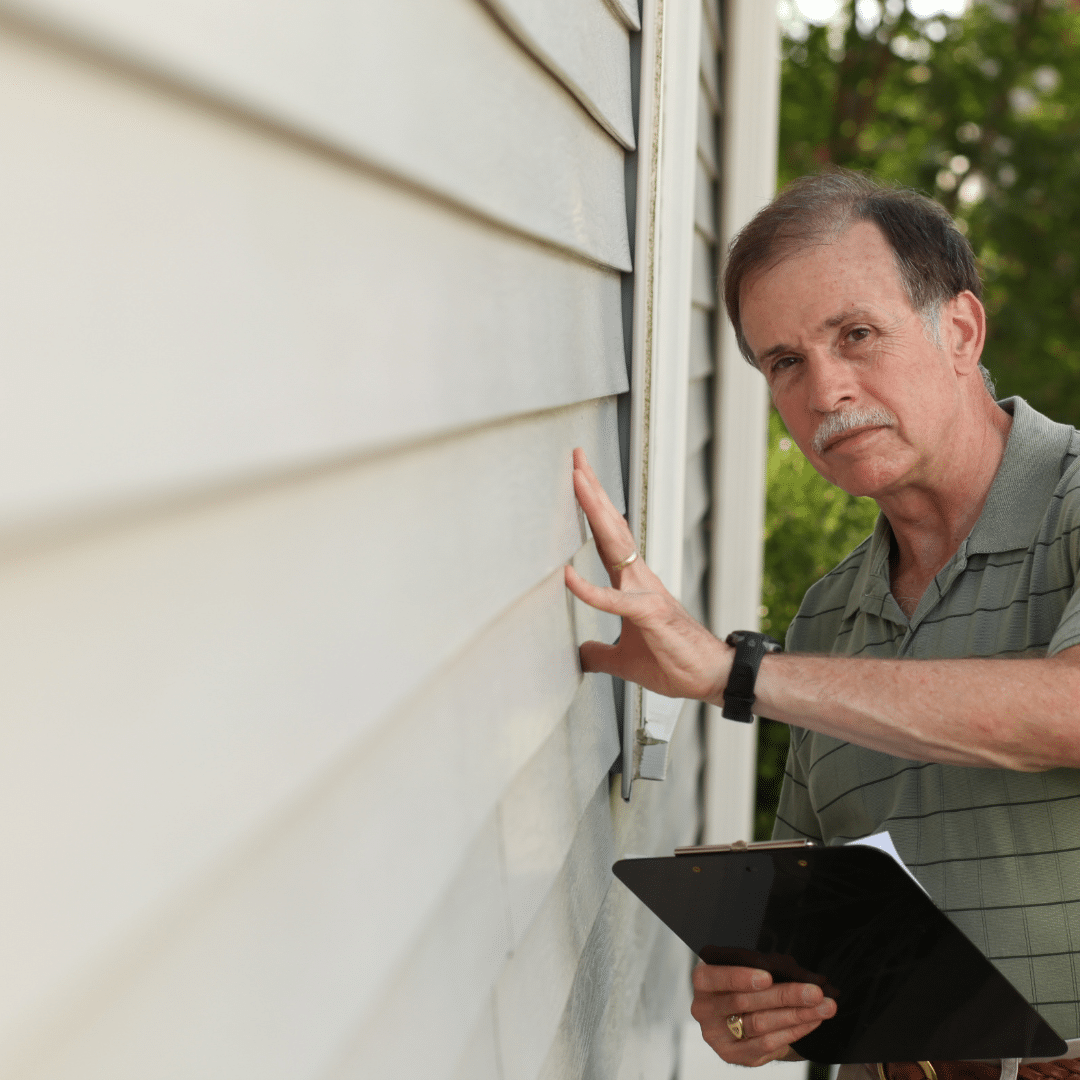In the realm of real estate transactions, effective communication between realtors and home inspectors is crucial for a smooth and successful process. Establishing a strong line of communication helps ensure that all parties involved are on the same page, leading to more efficient inspections and accurate assessments of the property.
Effective communication between realtors & home inspectors is crucial for successful real estate transactions. It ensures clear expectations, timely information sharing, smooth inspections, and addressing concerns transparently. Collaborative communication leads to satisfied clients.
Establishing Effective Communication Channels
In the fast-paced world of real estate, timely and accessible communication is crucial. Realtors and home inspectors must prioritize the establishment of effective communication channels to ensure seamless coordination. By sharing contact information and determining preferred communication methods, both parties can facilitate efficient exchanges of information.
One of the key components of effective communication is establishing clear expectations and maintaining regular communication throughout the real estate process. Realtors and home inspectors should ensure that they have each other’s contact information readily available and establish a preferred method of communication, whether it’s through phone calls, emails, or a designated messaging platform. This ensures that important information can be shared promptly, avoiding any delays or miscommunication.
Furthermore, it’s important for realtors and home inspectors to be responsive to each other’s messages or inquiries. Timely communication helps maintain the momentum of the transaction and ensures that everyone involved is on the same page. Being accessible and responsive creates an atmosphere of trust and professionalism, fostering a strong working relationship between realtors and home inspectors.
Clear Expectations and Information Sharing
To foster effective communication, it is essential for realtors to provide comprehensive property details to the home inspector. This includes sharing relevant information about the property’s history, renovations, and known issues. By providing this information upfront, realtors can assist home inspectors in focusing on specific areas of interest during the inspection, ensuring a thorough assessment.
Realtors should also communicate client expectations and concerns effectively to the home inspector. Understanding the client’s priorities and any specific areas of interest allows the home inspector to allocate time and resources accordingly.
Additionally, realtors can provide the home inspector with any documentation or reports related to the property, such as previous inspection reports or repair receipts. This information helps the home inspector gain a comprehensive understanding of the property’s condition and history, facilitating a more accurate assessment.
Collaborative Approach for Smooth Inspections
Pre-inspection meetings and property walkthroughs provide an opportunity for realtors and home inspectors to collaborate effectively. By conducting these walkthroughs together, realtors can share important insights about the property, while inspectors can address any initial concerns or questions. This collaborative approach allows both parties to have a clear understanding of the property’s unique features and potential areas of concern.
During the pre-inspection meeting, realtors can highlight any recent updates or renovations made to the property, as well as provide information about the neighborhood or community. This information can assist home inspectors in contextualizing their findings and communicating them effectively to potential buyers.
Moreover, realtors and home inspectors should work together to coordinate schedules and appointments efficiently. This involves finding mutually agreeable time slots for inspections, taking into consideration the availability of all parties involved, including the seller and potential buyers. By collaborating on scheduling, realtors and home inspectors can ensure that inspections are conducted promptly, minimizing delays in the transaction process.
Addressing Concerns and Maintaining Transparency
Open and transparent communication is key when addressing concerns and discussing inspection findings. Realtors should promptly respond to inquiries and clarifications from the home inspector, ensuring that all relevant information is provided. This open line of communication allows for a smooth flow of information and enables both parties to engage in open discussions about potential issues.
When the home inspector identifies any concerns during the inspection, it’s important for realtors to approach these findings with transparency. Realtors should be receptive to the home inspector’s feedback and communicate any identified issues to the seller and potential buyers. This transparency helps all parties involved make informed decisions and work towards resolving any concerns that may arise. Realtors can facilitate effective communication by acting as a bridge between the home inspector and the client and should keep all parties informed of any updates, changes, or negotiations that may impact the inspection or subsequent steps.
Sharing the Seller’s Disclosure with Home Inspectors
The Seller’s Disclosure serves as a comprehensive record of the property’s condition, highlighting any known defects, repairs, or other relevant information. By providing this document to the home inspector before the inspection, realtors enable them to conduct a more thorough assessment and identify potential issues.
The Seller’s Disclosure plays a crucial role in promoting transparency and preventing surprises during the inspection process. It allows the home inspector to have a comprehensive understanding of the property’s history and existing conditions, enabling them to focus on specific areas of concern. This proactive approach helps in managing client expectations and avoids any potential conflicts that may arise from undisclosed information.
Moreover, sharing the Seller’s Disclosure upfront demonstrates a commitment to transparency and open communication. It establishes trust between the realtor, home inspector, and clients, as it shows that all parties are working together to ensure a smooth transaction. It also allows the home inspector to provide accurate and informed insights in their inspection report, helping the realtor and clients make well-informed decisions.
How can effective communication between realtors and home inspectors benefit the overall real estate transaction?
Effective communication between realtors and home inspectors is crucial for a successful real estate transaction. It facilitates a smooth flow of information, ensures that all parties are on the same page, and helps address concerns and issues promptly. By fostering clear and open communication, realtors and home inspectors can collaborate effectively, provide clients with accurate information, and make informed decisions throughout the process.
At First Priority, we prioritize effective communication between realtors and home inspectors. We understand the importance of seamless coordination and transparent information sharing in ensuring a successful real estate transaction. Give us a call at 719-491-1520.









